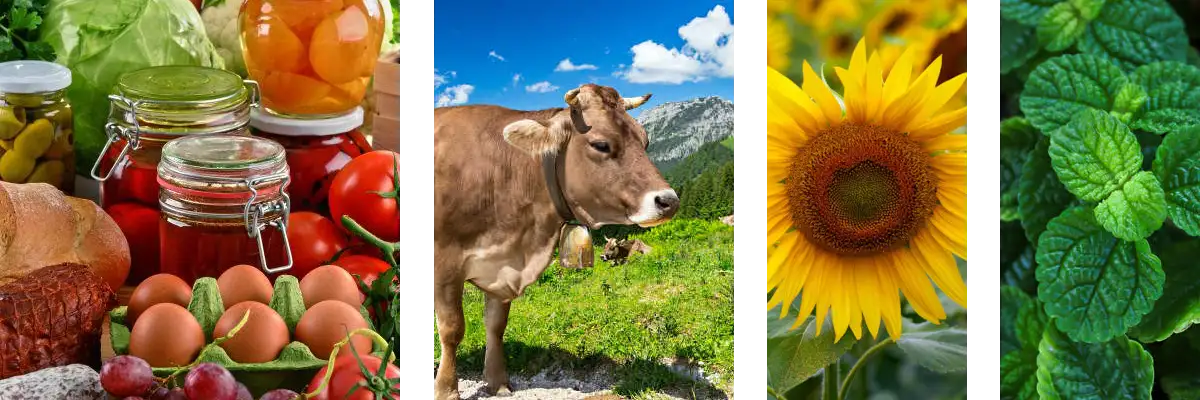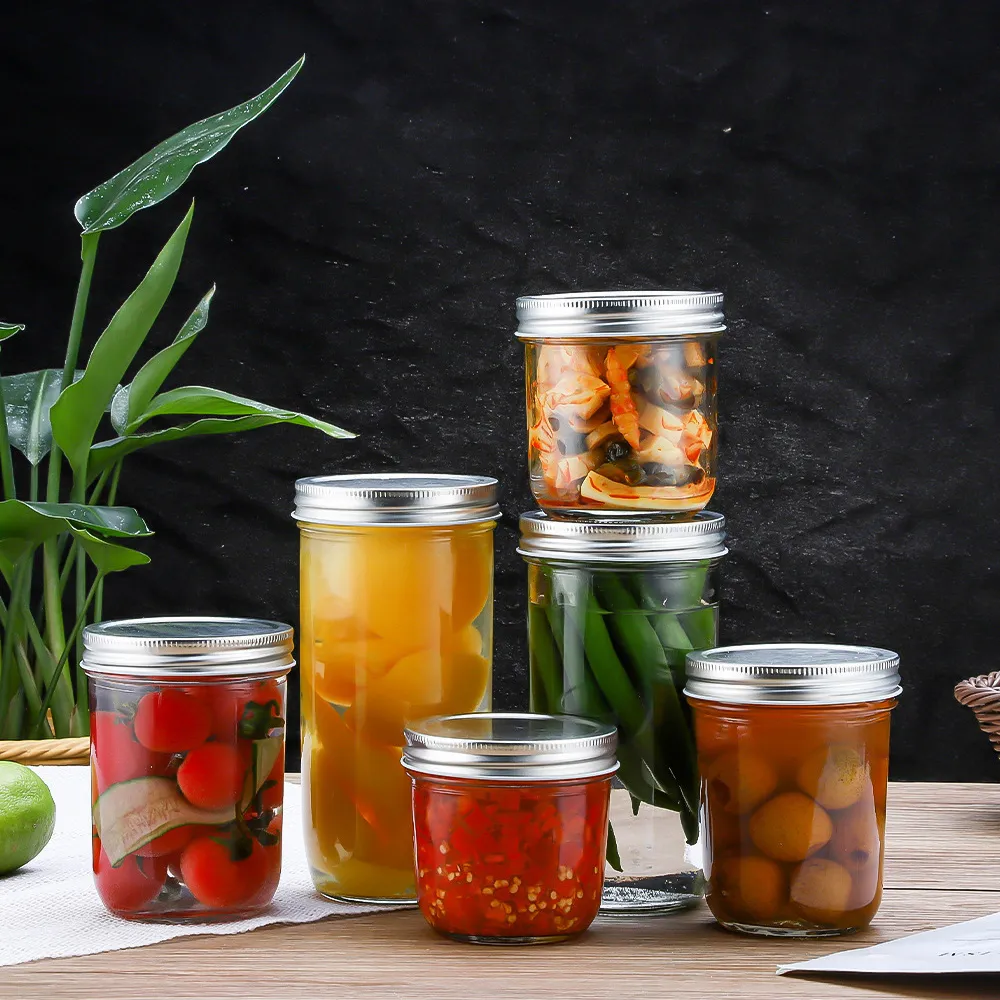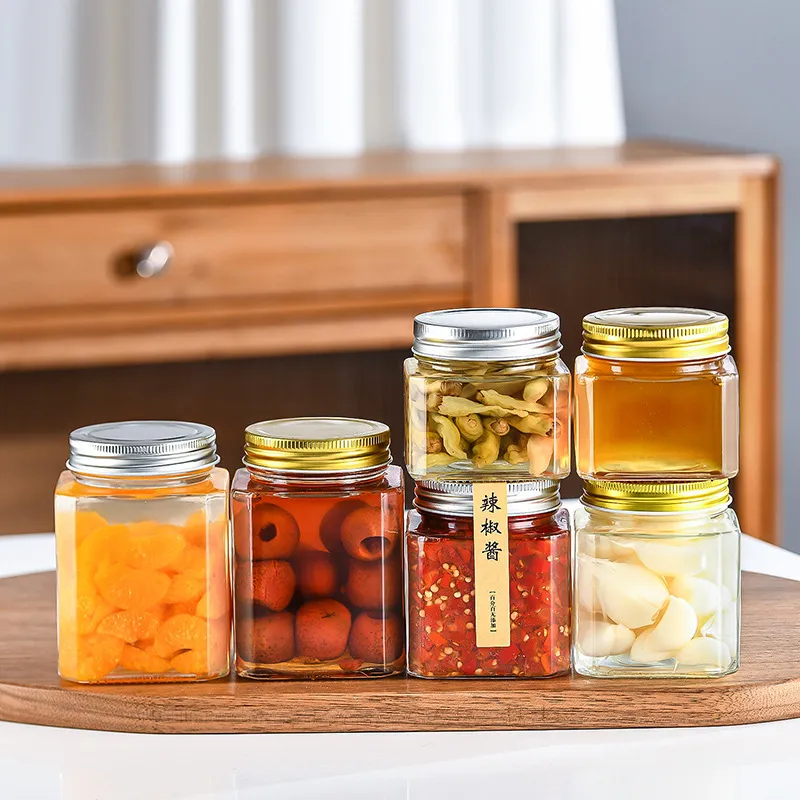Outstanding Performance and Sustainable Prospects of Glass Bottle Technology in Organic Food Packaging

Introduction
With the flourishing development of the organic food market, glass bottles have gained significant attention as an outstanding packaging material. Their unique technological advantages in terms of preservation, transparency, and recyclability meet consumers' demands for food quality and environmentally sustainable development. This article delves into the key technologies of glass bottles and their future development trends, revealing their crucial role in organic food packaging.
Market Situation
According to the data from the 2023 U.S. Organic Industry Survey, the sales of organic food in the United States surpassed 67.6 billion, indicating rapid growth in the organic food market. This suggests an increasing number of consumers are pursuing a healthy, sustainable, and organic lifestyle, leading to a continuous rise in demand for organic food.
Conclusion
The growth of the organic food market is driven by various factors, including the heightened awareness of consumer health, focus on environmentally sustainable development, food safety, and government policy support. This provides opportunities for the development of organic food packaging, where glass bottles, as a superior packaging material, will reliably support maintaining high quality while meeting consumer demands.
Key Technological Applications of Glass Bottles
Preservation Technology: The dense structure of glass bottles effectively resists the permeation of oxygen and moisture, reducing the risk of oxidation and spoilage of organic food. Low permeability extends the shelf life, maintaining the original quality and taste. Impermeability prevents water from entering, slowing down mold growth. The inert characteristics prevent the penetration of unwanted odors, ensuring the purity of the food's taste, making it an ideal choice for organic food packaging.
Non-reactive Properties: Glass, being an inorganic and inert material, does not undergo chemical reactions with food, preserving the purity and original taste of the food. Ensuring that food quality is not compromised by external contamination, it provides a pure taste experience, making it an ideal material for food packaging.
Transparency: The transparency of glass bottles allows consumers to directly examine the details inside the product, evaluating the freshness and quality of the food. Transparent packaging establishes product transparency and credibility, a key factor in building consumer trust in the food industry, with glass bottles actively contributing through their transparent properties.
Recyclability: The recyclability of glass bottles reflects their unique advantage in environmentally friendly packaging, aligning with the philosophy of sustainability emphasized by organic food brands. Choosing glass bottles demonstrates a commitment to the environment, participating in resource recycling, and reducing environmental impact. The recyclability characteristic enhances the professional and sustainable image of organic food brands, aligning seamlessly with the modern consumer's pursuit of environmental responsibility.
Future Development Trends of Glass Bottles
Technological Innovation: Enhancing the performance of glass bottles in organic food packaging can be achieved through innovations such as lightweighting glass, improving impact resistance, optimizing sealing technology, integrating smart sensors, and adopting sustainable production and innovative design. These technological improvements contribute to reducing packaging weight, enhancing impact resistance, extending shelf life, ensuring food quality, and meeting environmental and consumer demands, thus driving innovation in glass bottle packaging in the organic food industry.
Sustainable Development: Emphasizing the demand for more sustainable, eco-friendly packaging materials and highlighting the potential role of glass bottles in this regard.
Personalized Packaging: As the demand for sustainable and eco-friendly packaging rises, glass bottles gain attention due to their recyclability, low environmental impact, and prevention of chemical reactions. Complying with stringent environmental standards, they become an ideal choice for organic food packaging. With the strengthening of environmental regulations, glass bottles are expected to play a key role in driving the organic food industry towards more sustainable and eco-friendly packaging materials.
Conclusion
In summary, the prosperity of the organic food market is driven by various factors, including the increase in consumer awareness of health, focus on environmentally sustainable development, food safety, and government policy support. In this development trend, glass bottles emerge as an ideal choice for organic food packaging, successfully meeting consumer demands for food quality, environmental friendliness, and transparency through key technological applications such as preservation, non-reactivity, transparency, and recyclability. In the future, glass bottles are poised to continue playing a crucial role in the organic food industry through technological innovation, sustainable development, and personalized packaging, providing consumers with safer, more environmentally friendly, and more attractive packaging solutions.

